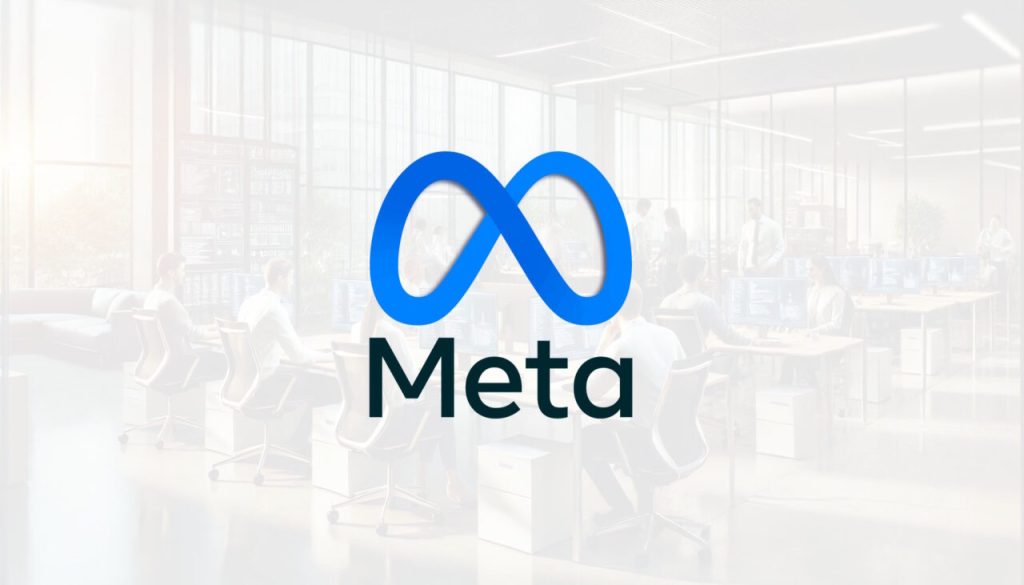Meta’s Llama AI initiative, a cornerstone of its open-source artificial intelligence strategy, is facing a significant challenge as a majority of the original creators of its foundational Llama paper, detailed on arXiv, have left the company. According to a report by Business Insider, 11 of the 14 authors have already departed, a development that raises serious questions about Meta’s ability to retain elite AI talent and maintain its competitive momentum in the fiercely contested AI arena.
This talent migration occurs as Meta grapples with delays in its largest AI model, Behemoth, and as its latest Llama 4 models receive a muted response from the developer community.
The departure of such a significant portion of the Llama founding team, many of whom were long-tenured employees, signals a potential weakening of Meta’s innovation pipeline. The impact is magnified as many of these researchers have joined or founded competing AI ventures.
Notably, Paris-based Mistral AI, co-founded by former Meta Llama architects Guillaume Lample and Timothée Lacroix, has become a new home for five of the original Llama paper’s authors. This trend suggests that while Meta continues to invest heavily in AI, its early lead in the open-source domain, may be eroding.
This internal turbulence at a major AI player like Meta is significant. It could foreshadow shifts in the open-source AI landscape, potentially affecting the development and availability of cutting-edge AI tools and technologies.
As rivals like DeepSeek and Alibaba’s Qwen team gain traction, Meta now faces the difficult task of defending its early lead without the original teamof experts. The company’s current AI offerings, including the new Meta AI assistant app and Llama 4’s availability on platforms like Amazon Bedrock, now depend on a reshaped team to carry the torch forward.
Key Talent Migrates, Reshaping The AI Landscape
The scale of the departures from Meta’s Llama project is notable. Beyond co-founders Guillaume Lample (now Chief Scientist at Mistral) and Timothée Lacroix (CTO at Mistral), other Llama paper authors who have joined the French startup include Baptiste Rozière, Marie-Anne Lachaux, and Thibaut Lavril.
The remaining talent has spread across other significant players in the AI field: Naman Goyal joined Thinking Machines Lab, Aurélien Rodriguez is now at Cohere, Eric Hambro is with Anthropic, Armand Joulin moved to Google DeepMind, Gautier Izacard is at Microsoft AI, and Edouard Grave joined open-science AI lab Kyutai.
This pattern of attrition extends to the highest levels of Meta’s AI research. Joëlle Pineau, who led Meta’s Fundamental AI Research (FAIR) group for nearly eight years and was pivotal in Llama’s development, announced her departure in April.
Her replacement, Robert Fergus, co-founded FAIR before a five-year tenure at Google’s DeepMind, highlighting the fluid movement of talent within the top echelons of AI research. These leadership changes coincide with internal discussions at Meta about balancing innovation with efficiency.
Navigating Internal Pressures And External Scrutiny
Meta’s current AI endeavors are set against a backdrop of wider corporate restructuring and significant financial commitments. The company has implemented job cuts in its Reality Labs division due to substantial operating losses, even as it actively recruits AI and machine learning engineers. CEO Mark Zuckerberg has emphasized the critical need to balance existing platforms with future AI development, reportedly stating in an internal meeting, “we’re going to catch less bad stuff, but we’ll also reduce the number of innocent people’s posts and accounts that we accidentally take down.”
The Llama project itself is navigating a complex environment. Meta has been working to tune its Llama 4 models to address what it describes as a historical left-leaning bias in leading LLMs, which the company attributes to “the types of training data available on the internet.”
This initiative is happening alongside significant shifts in Meta’s content moderation policies, such as the move to end its third-party fact-checking program in the U.S. The company also faces ongoing legal battles, including a significant Meta AI copyright case where plaintiffs allege the Llama models were trained on massive datasets of pirated books.
Court documents have revealed internal employee concerns, with one engineer reportedly writing that “torrenting from a [Meta-owned] corporate laptop doesn’t feel right” to him. During a hearing for that case, Judge Vince Chhabria notably focused on the potential for market harm to authors as a key test for Meta’s “fair use” defense.
He asked: “If you are dramatically changing, you might even say obliterating, the market for that person’s work, and you’re saying that you don’t even have to pay a license to that person to use their work to create the product that’s destroying the market for their work—I just don’t understand how that can be fair use.”
High Stakes In A Competitive Arena
The considerable expense of AI development is another pressure point, as Meta reportedly sought external funding from competitors like Microsoft and Amazon for Llama development.
Despite these challenges, Meta has been pushing forward with its AI platform ambitions, previewing its Llama API at the LlamaCon event in April. This event also saw Microsoft CEO Satya Nadella highlight AI’s growing role in coding, stating that AI was likely responsible for “20%, 30% of the code that is inside of our repos today’ was ‘written by software.”
Mark Zuckerberg offered an even bolder projection for Meta, suggesting “Our bet is sort of that in the next year probably … maybe half the development is going to be done by AI, as opposed to people, and then that will just kind of increase from there,”
As Meta strives to solidify its position in the AI-driven future, the departure of a significant cohort of its foundational Llama talent to competitors, particularly Mistral, presents a clear hurdle. The company’s success will now hinge on its ability to cultivate its remaining experts and attract new talent to navigate the complex technical, ethical, and financial landscape of AI development.

